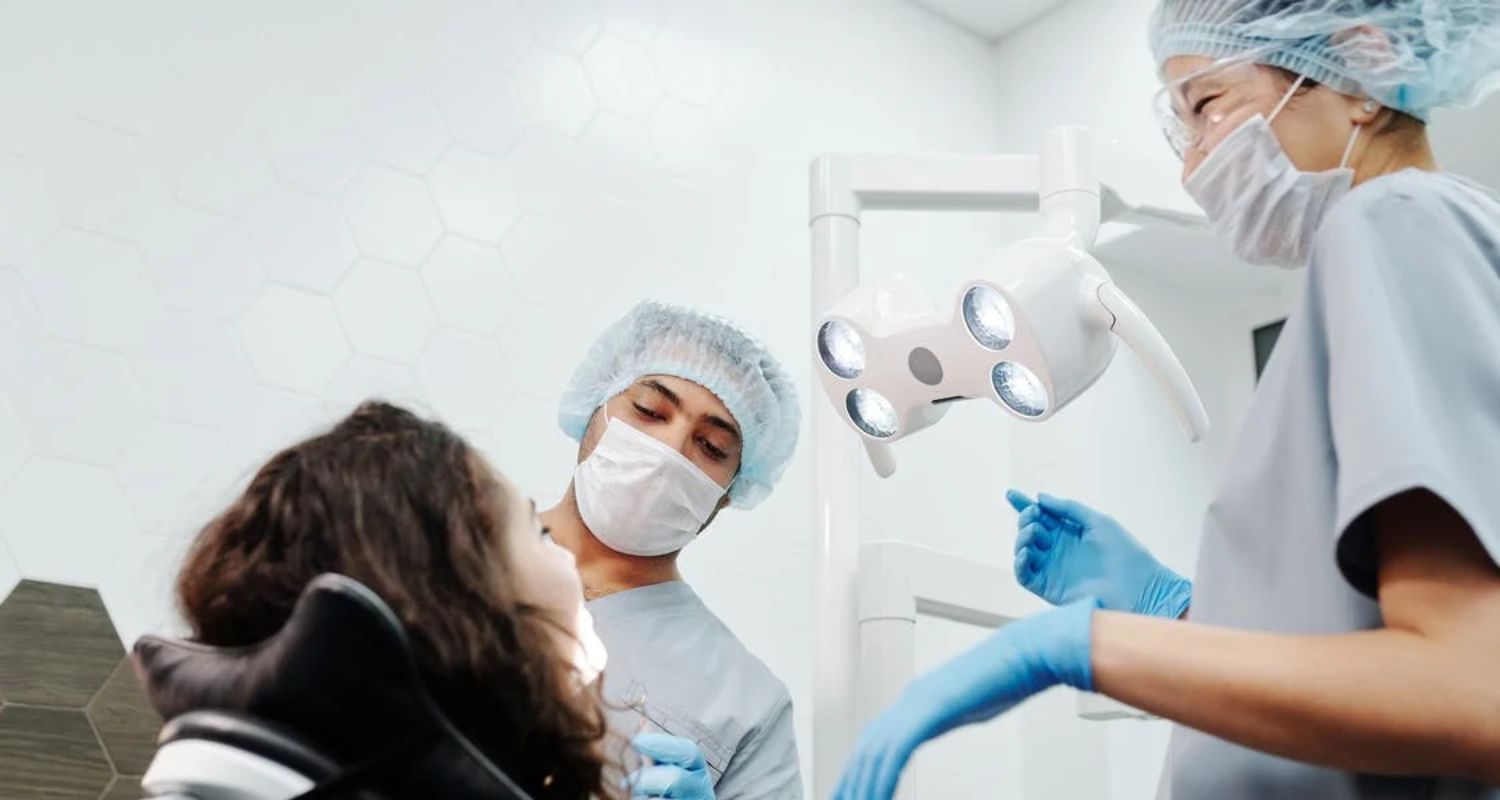
New research questions the link between missing teeth and sleep apnoea
There have been a number of studies suggesting that a link exists between edentulism (the condition of having one or more missing teeth) and obstructive sleep apnoea (also known as OSA – a syndrome characterised by repeated pauses in breathing during sleep).
In 2024, for example, a study at the Department of Biomedical Sciences and Human Oncology at the University of York found that “complete tooth loss favours upper airway obstruction during sleep.”
However, new research led by Dr Peterson (in his book), an oral and maxillofacial surgery resident at the University of California Los Angeles (UCLA), casts doubt on this theory.
Dr Peterson and his team began with the hypothesis that people with missing teeth have more serious sleep apnea symptoms.
They reviewed patient records for 510 males who had been referred for OSA treatment, using an apnea-hypopnea index to grade the severity of each patient’s symptoms.
Next, panoramic radiographs were used to establish each patient’s total number of teeth lost, mandibular teeth lost, and posterior dental functional units lost.
After evaluating the data, the researchers concluded that age and body mass index were the main factors associated with OSA, whereas tooth loss had no significant influence.
“The degree of tooth loss is not associated with OSA severity. Tooth loss does not worsen OSA.”
However, Dr Peterson believes further research is necessary and suggests that to obtain conclusive results, sleep studies would need to be undertaken on individuals before losing teeth, after losing teeth, and when wearing complete dentures.
Speaking at the annual meeting of the American Association for Dental Research, he said:
“Only by conducting this type of study will we be certain to state whether or not tooth loss predicts OSA…If it could be stated that edentulism worsens OSA in the future, it would be a strong case for dentists to attempt to restore patients to a dentate state with implants which maintain alveolar ridge height, unlike dentures.”
If you have missing teeth and would like to learn more about replacing them with cosmetic dental implants, please don’t hesitate to contact us and speak with one of our TCOs today.